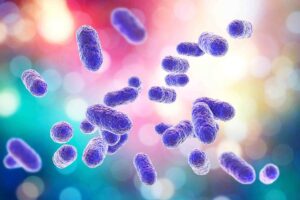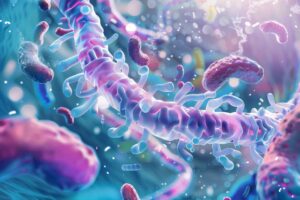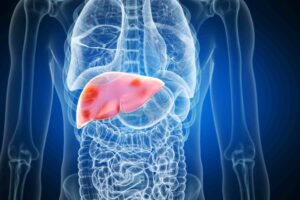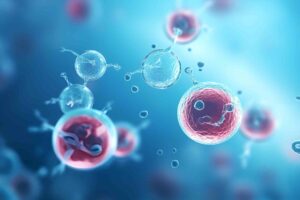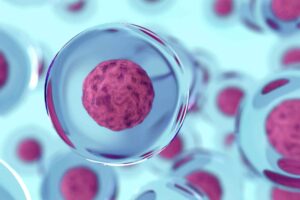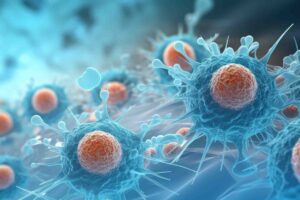Oncology
Gastroenterology, Oncology
Research done in mice shows that the mouth-dwelling bacterium Porphyromonas gingivalis can travel from the mouth to the pancreas, resulting in lesions that lead to cancer.
Gastroenterology, Events
Antonio Gomes, Principal Scientist at Xbiome, talks about employing deep learning techniques to refine the prediction of natural product structures directly from gene sets.
Gastroenterology, Events
Elran Haber, CEO at Biomica Ltd, discussed the emerging role of microbiome-based treatments in cancer care.
Gastroenterology, Oncology
The findings of a recent study suggest that the crosstalk between gut microbes and the host’s immune system can influence the body’s defenses during cancer therapy.
Oncology
The findings of a recent study suggest that modulating the gut microbiota in people with liver cancer can improve their health outcomes after surgery.
Gastroenterology, Oncology
The findings of a recent study suggest that antibiotics should be prescribed with caution in cancer patients who are planning to receive PD-1 inhibitors.
Gastroenterology, Oncology
Results from a recent study suggest a correlation between the diversity and composition of the gut microbiota prior to transplantation and both the patient's survival and the probability of developing…
Oncology
The findings of a recent study suggest that the composition of the mouth microbiota can be used to predict the recurrence of oral cancer.
Oncology
The findings show that bacterial metabolites can sensitize cancer cells to treatment with immunotherapy by boosting the expression of HLA class I molecules.
Oncology
Understanding how antibiotics influence the microbiota’s impacts on immunotherapy may inform strategies to identify cancer patients that are more likely to respond to cancer treatment.
